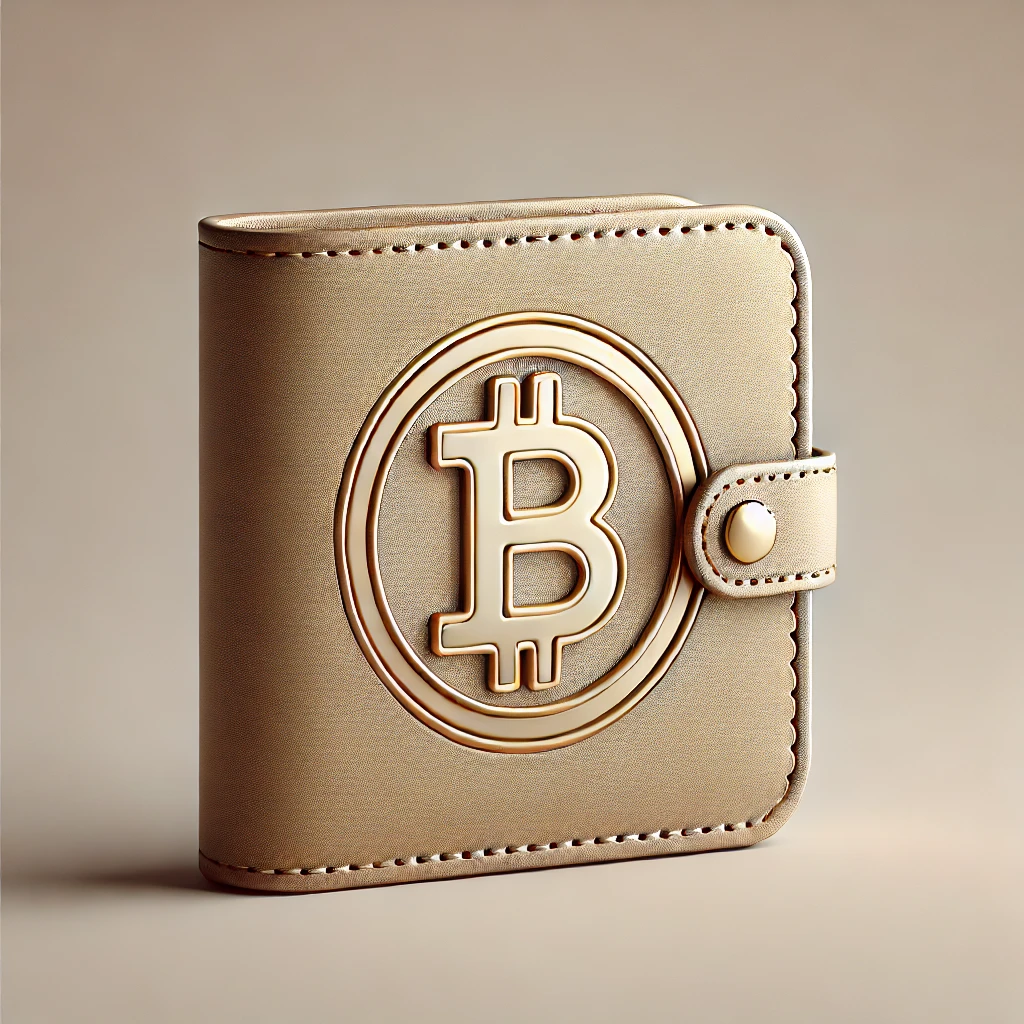The Evolution of Privacy Coins: What Shoppers Should Know About Anonymous Transactions
In the world of online shopping, privacy and security are top concerns. While traditional cryptocurrencies like Bitcoin offer a level of transparency, they aren’t fully anonymous—transaction details can still be traced. This is where privacy coins come in, providing enhanced security and anonymity for those looking to protect their financial information. So, what exactly are privacy coins, and how do they work? Here’s what shoppers should know about this evolving type of cryptocurrency.
What Are Privacy Coins?
Privacy coins are a type of cryptocurrency designed to make transactions fully anonymous, protecting users from tracking and prying eyes. Unlike regular cryptocurrencies, where transaction details (like the amount and recipient’s address) are visible on a public ledger, privacy coins use advanced cryptographic techniques to obscure this information. Popular privacy coins include Monero (XMR) and Zcash (ZEC), both of which offer unique ways to keep transactions private.
How Privacy Coins Work
Privacy coins use specialized technology to keep transaction details hidden, even from blockchain explorers. Here are two of the most common privacy technologies:
- Ring Signatures (Monero): Monero uses a cryptographic method called ring signatures, which mix a user’s transaction with others to obscure its origin. This method makes it nearly impossible to trace a transaction back to an individual user.
- Zero-Knowledge Proofs (Zcash): Zcash employs a technology called zk-SNARKs, which allows transactions to be verified without revealing the sender, receiver, or transaction amount. This “zero-knowledge” technology enables full anonymity for both parties.
By hiding transaction details, privacy coins give users more control over their data, making it difficult for outside parties to track purchases or view spending habits.
Why Privacy Coins Matter for E-Commerce
Privacy coins offer several benefits that can enhance the online shopping experience, particularly for customers who value security and anonymity:
- Enhanced Privacy
Privacy coins are designed to hide transaction details, making it difficult for anyone—including businesses, third-party payment processors, or cybercriminals—to see what you bought, how much you spent, or where your funds went. This protection is especially valuable in an age where data privacy is a growing concern. - Protection Against Data Breaches
With traditional payment methods, personal data such as card numbers and billing information can be exposed in a data breach. Privacy coins minimize the amount of data involved in each transaction, reducing the risk of sensitive information being stolen or misused. - Freedom from Surveillance
Privacy coins provide a solution for customers who want to avoid data surveillance, such as targeted ads or purchase tracking. By using privacy coins, shoppers can make purchases without leaving a digital footprint, keeping their financial behavior private. - Cross-Border Accessibility
Just like other cryptocurrencies, privacy coins enable seamless cross-border transactions. However, with privacy coins, shoppers in countries with strict surveillance laws or limitations on digital payments can purchase goods anonymously, giving them more freedom in global e-commerce.
Popular Privacy Coins: Monero and Zcash
Monero (XMR) and Zcash (ZEC) are two of the most widely used privacy coins. Here’s a quick look at how each one supports anonymous transactions:
- Monero (XMR): Monero is one of the most privacy-focused cryptocurrencies available. It uses ring signatures and stealth addresses to hide transaction details, making it highly resistant to tracking. Monero has a strong user base among privacy-conscious individuals, and its anonymous transactions make it popular for private e-commerce transactions.
- Zcash (ZEC): Zcash allows users to choose between transparent and shielded transactions, with shielded transactions using zk-SNARKs for full anonymity. This flexibility makes Zcash suitable for users who may want privacy in some transactions but transparency in others.
Both of these privacy coins provide users with a greater degree of control over their personal information, which is becoming increasingly important as data privacy concerns grow.
Privacy Coins and the Future of E-Commerce
As more consumers become aware of the importance of data privacy, privacy coins are likely to play a growing role in e-commerce. While they aren’t as mainstream as Bitcoin or stablecoins, privacy coins address a specific need in the market: secure, untraceable transactions. For e-commerce businesses, offering privacy coin payment options can attract privacy-conscious customers, particularly those looking to avoid data tracking or surveillance.
Moreover, the privacy features of these coins could make them a popular choice for customers who are concerned about identity theft or financial tracking. As a result, privacy coins have the potential to become a valuable addition to online shopping, enabling secure and private transactions.
How to Shop with Privacy Coins
Using privacy coins in e-commerce is becoming easier as more businesses begin to accept them. Payment platforms like CoinPayments and BTCPay Server allow merchants to integrate Monero and Zcash payments, giving consumers the option to shop anonymously. By choosing merchants that accept privacy coins, shoppers can enjoy a secure and private experience.
Conclusion
Privacy coins offer a new level of security and anonymity for online shoppers, protecting against data breaches, surveillance, and identity theft. As privacy concerns grow, these coins could become an essential tool for secure online transactions. By using privacy coins like Monero and Zcash, shoppers can regain control over their personal data, creating a safer, more private e-commerce experience.




